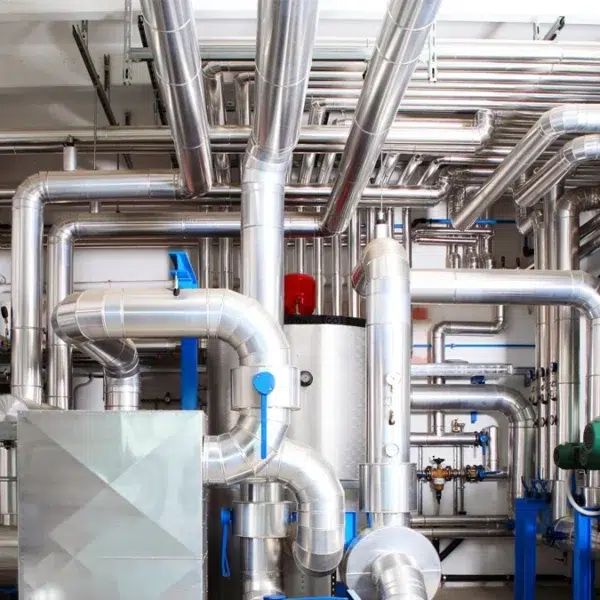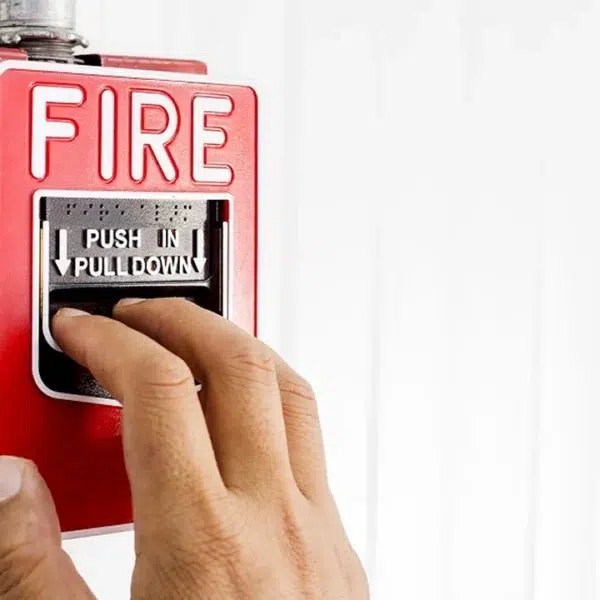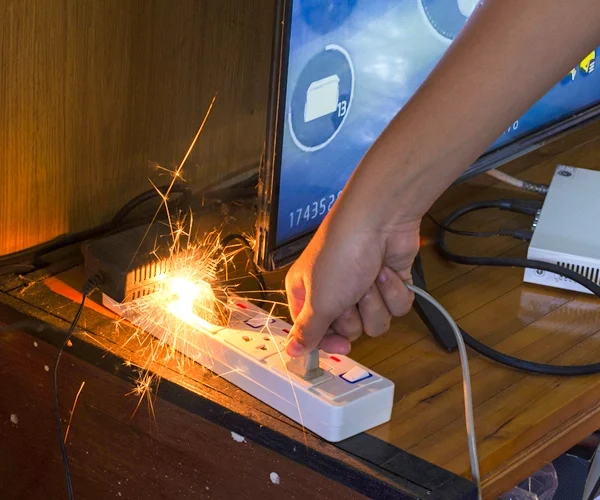Top 10 Reasons Commercial Buildings Fail Fire Safety Inspections


Top 10 Reasons Commercial Buildings Fail Fire Safety Inspections
Fires can get out of control very fast and spread more. It is spread in 30 seconds and it can double in size. If flammable items like furniture are available in its path, then the fire will spread more rapidly. That is why we are aware to prevent violations and enhance safety.
A safety inspection is more important for Your commercial building. It is an expensive and difficult procedure. But when your commercial building fails a safety inspection will also compromise the public’s opinion of your business. And no one wants to put their at risk.
If, you want to avoid many common hazards in safety inspections choose the right fire protection system. The best option is for Fire Protection Resources, with our professional staff and excellent products.
Addressing your fire code violations today will help you avoid inspection charges, prevent hefty damages, and—most importantly—protect the people who work in your workplace.
Stay away from these common fire safety violations.
Here are the top 10 reasons commercial buildings fail fire safety inspections:
1. Lack of emergency signals
If you do not have emergency signals like lights and exit signs properly people may not understand how to leave the building in an emergency. Every emergency light and exit sign has a functioning bulb and works the way it’s supposed to and helps to avoid many common hazards in fire safety.
2. Heavy and Difficult to Operate Doors
Heavy and difficult-to-operate doors will be the reason commercial buildings fail fire safety inspections. Every exit door must be easy to open from the inside. They should also be readily available so that visitors who need to quickly leave the facility can do so. It can be risky if you decide not to do this.
3. Electric outlets and Breakers
Every electrical outlet must have adequate covering. The main reason for fires is electrical malfunction. An electric and breakers outlet cover is a simple method to prevent this hazard.
4. The building is improperly marked and identified
The building is improperly marked and identified as the reason for commercial buildings failing fire safety inspections. The paths of the building leading to exits are properly marked and identified clear of any objects. Your building permit may be in danger if they aren’t. This also includes walkways and stairways.
5. Clean-up surrounding the building
Not only is the environment surrounding your building essential to aesthetics, but it also impacts fire safety. Waste collections, dispersed garbage, and green vegetation may be reason as fire fuel. Also, such substances can hinder important emergency services, which could slow down the response time. Regular external care is essential to avoid these risks and ensure respect for fire safety laws. This maintenance includes gardening and the proper disposal of garbage.
6. Neglected Fire Alarm Systems
The first line of defense for alerting residents of a fire is your fire alarm system. But it becomes helpful when it is fully functional. To make sure the system works as intended, regular inspection and repair by qualified professionals are required. Avoiding this may result in unknown fires that risk lives and produce great harm. To prove compliance during inspections, maintain complete documents of all analyzing and inspections.
7. Improper Use of Extension Cords
Extension cords weren’t designed to be a long-term wiring solution; they were designed to be utilized temporarily. Extension cord overheating might result in a fire if they are used excessively or for extended periods. Extension cord use is a common area to worry for inspectors, and multiple violations can lead to a poor inspection. Make sure all electrical equipment is properly plugged into permanent outlets to avoid this and repair any damaged cords immediately.
8. Inadequate Sprinkler System Maintenance
A well-maintained sprinkler system has the difference between a small-scale fire and a large-scale fire. Sprinkler systems need regular inspections and repairs by experienced experts, just like fire alarms do. These systems must not have any blockages, leaks, or other problems that would make it hard to continue to function in the case of a fire. To pass fire safety inspections, common testing and maintenance must be maintained.
9. Insufficient Fire Extinguisher Accessibility and Maintenance
In the first periods of a fire, fire extinguishers are essential equipment. But they are helpful if they are within reach, completely charged, and in working condition. Inspections on extinguisher placement, accessibility, and maintenance are frequently performed as part of fire safety evaluations. Verify personnel gets instruction on their use, that they are mounted in approved locations, and that they are visible. Extinguishers stay up-to-date and prepared for use by regular service and inspections.
10. Improper Handling and Disposal of Hazardous Materials
You must observe proper handling and disposal processes and fire safety if your business manages hazardous materials. These materials may be extremely explosive, and hazardous circumstances may arise from faulty working with, use, or storage. The handling, storage, and removal of hazardous goods on your property will be evaluated by fire officials. It is essential that you observe local laws and suggested processes to handle dangerous waste if you want to keep everyone safe and prevent mishaps.
Conclusion
You can improve everyone’s safety in your building while avoiding failing a fire safety inspection through the care of these common issues. An excellent fire protection system involves professional inspections, regular maintenance, and the right training.
https://www.youtube.com/embed/cveuVXqrYq4https://www.youtube.com/embed/vouWAx-VWhghttps://www.youtube.com/embed/aMi7iXD0l9I



